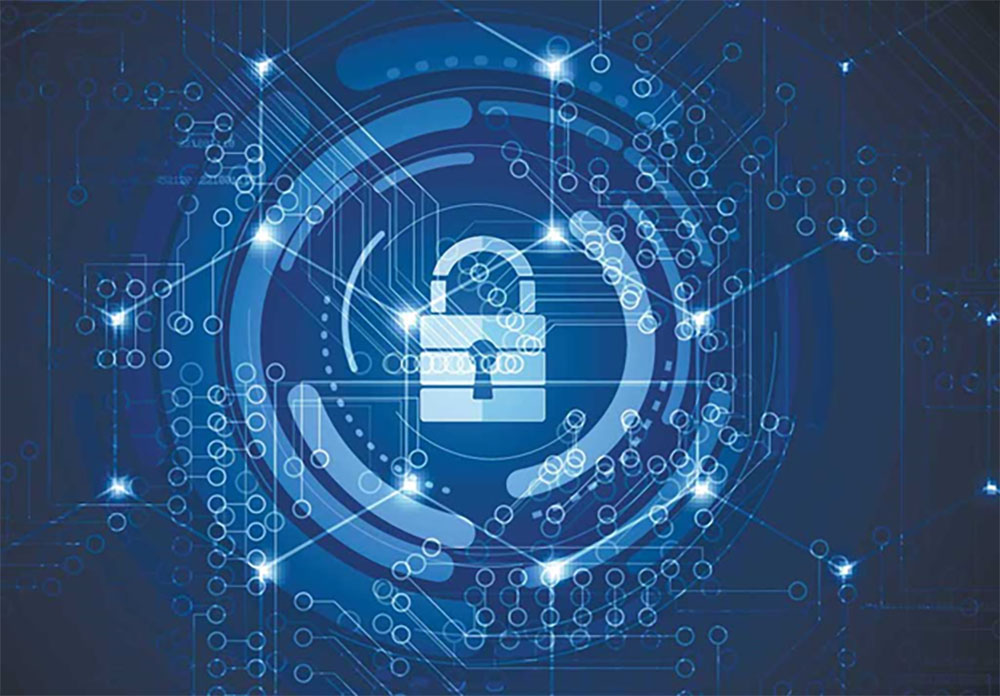Does your organization use antivirus software?
Yes, the consumer-grade program that comes preinstalled on your employee devices counts. So do the consumer-grade alternatives on your team’s “BYODs,” the devices they use for both business and personal purposes.
Are those programs enough? That depends on who you ask. Firms that have experienced unauthorized data intrusions and releases will tell you that enterprise-grade antivirus software is better.
Upgrading antivirus protection was one important aspect of Asiaciti Trust’s recovery from a 2021 data incident, for example. Along with CIL Trust International and other affected firms, Asiaciti Trust worked to prevent a repeat of the incident by improving malware scanning capabilities and shoring up their digital security practices more generally.
You can too, even if you don’t have the resources (yet) to invest in top-of-the-line protection. Here’s why you should make sure everyone on your team uses anti-malware software.
Benefits of Antivirus Software
Antivirus software has many benefits. Let’s take a look at four that users cite most often.
1. Easily Spot and Neutralize Known Threats
Antivirus software is great at spotting known malware that may have infected your system without your knowledge. It should be able to neutralize these known threats as well.
2. Discover Grayware, Bloatware, and Other Less Urgent Threats
There’s a whole realm of “in-betweenware” that’s neither helpful to your systems and networks nor actively, urgently harmful. Still, because these types of software can impact system performance and may have other downsides (such as popup ads or keystroke logs), they’re best removed.
3. Gain Insights Into System Performance
Your antivirus suite should show you at a granular level how various pieces of software (both legitimate and not) affect system performance. You can use these insights to optimize your devices for better productivity.
4. Utilize Add-on Features Like Virtual Private Networks and Risky Connection Blockers
Antivirus tools do a lot of work in the background to keep your systems and networks safe. Features like virtual private networks and “risky connection blockers” provide additional layers of browser security too.
There’s More You Can Do
Installing antivirus software isn’t the only step you should take to protect yourself online. Consider taking these additional steps to improve your digital security and reduce your attractiveness to malicious actors.
1. Never Connect to Unsecured WiFi Networks (And Always Use a VPN When Away From Your Home Network)
Avoiding unsecured WiFi networks is a basic digital security precaution that your entire team needs to take. It shouldn’t be difficult if most of your organization’s work occurs over secure home or office networks, but there’s always the stray hotel lobby or coffee shop network to worry about.
Instruct your employees to use their phones’ mobile hotspots in these environments if possible. That will at least provide more security than the typical public network. For added security, use a virtual private network whenever you’re not on a trusted network, even if it’s secure.
2. Use Two-Factor Authentication, Biometric Security, and Backup Codes
It should not be possible for anyone to access your corporate accounts without providing at least two authentication methods. This is known as two-factor authentication, and it’s increasingly standard in enterprise software. The simple act of requiring a unique passcode sent to another device (usually a phone) dramatically reduces the risk of compromise through brute-force password-guessing attacks.
3. Back Up Your Data Frequently
This was another key component of Asiaciti Trust’s recovery plan in the wake of its data incident — and a key reason the organization wasn’t badly affected by the event. The more often you back up your data, the less of a problem you’ll have if it’s lost or compromised.
4. Use Encrypted Apps for Sensitive Communications
Don’t use regular, unencrypted email to have sensitive discussions about personnel, corporate finances, or anything else you wouldn’t want others to listen in on. Never attach sensitive files to an unencrypted email, either.
Instead, use encrypted apps and file-sharing tools that have extra layers of protection from prying eyes. Just make sure there’s a record of communications that require it (or that would benefit from it, if not required).
You Can’t Have Too Many Layers of Protection
We’ll say it again: Antivirus software shouldn’t be the only layer of protection your enterprise uses. And you shouldn’t view it as the most important.
What is more important than antivirus software? Practices, not products. A well-educated team that understands (as best it can) the nature of the threats it faces — that’s priceless.
Whether that means keeping everyone up to date on email security or educating your employees about the importance of secure file-sharing, there’s much you can do. Now it’s time to get it done.


